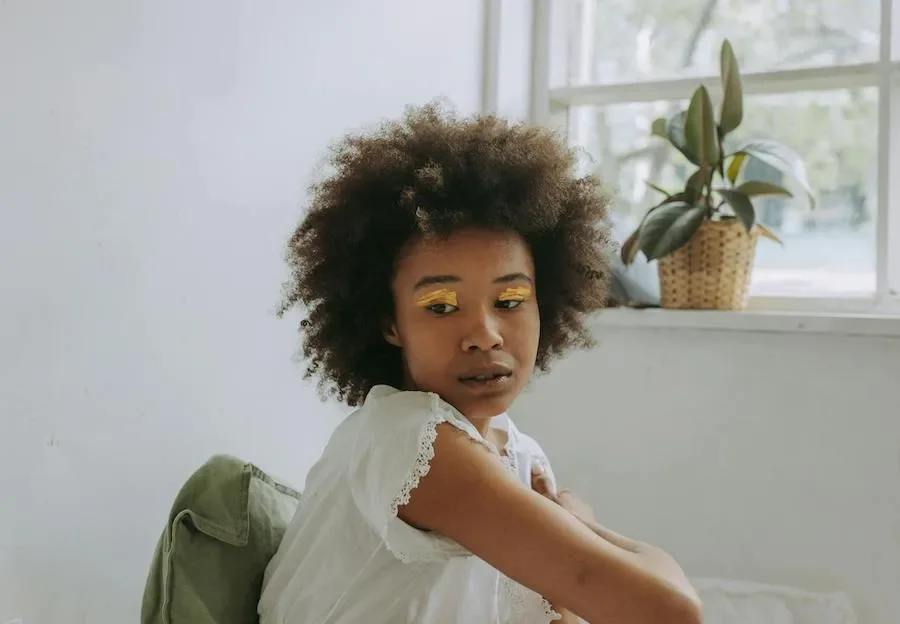ADHD and Queerness: Untangling the Overlap
Let’s get into it: ADHD isn’t just about being “distracted” or “forgetful.” It’s about living in a brain that moves differently—sometimes faster, sometimes in a million directions, sometimes hyperfocused on one beautiful, specific thing. Now add queerness into that picture, and you’ve got a whole other layer of complexity. ADHD shows up differently for everyone, and if you’re LGBTQ+, you might notice how your identity shapes the way you experience and cope with it.
Reflection question: When have I felt like my ADHD brain and my queer identity intersect in ways that make me feel both challenged and powerful?
Why ADHD Gets Missed (Especially for Queer Folks)
Here’s a frustrating truth: ADHD is often underdiagnosed in women, people of color, and queer folks because the system wasn’t built with us in mind. Instead of being seen, we’re misread—“lazy,” “too much,” “scattered.” Many of us mask symptoms just to survive in environments that aren’t designed for neurodiverse people. And let’s be real: masking your identity and your brain wiring? That’s exhausting.
Reflection question: Where do I notice myself masking—either my ADHD traits or my queerness—and what does it cost me?
The Double Load of Stigma
ADHD already carries stigma: “You just need to try harder,” “Stop being so impulsive,” “Why can’t you focus?” Now add queer stigma to that, and suddenly you’re carrying two loads of “not enough.” This double stigma can impact mental health in big ways—heightening anxiety, depression, or feelings of being misunderstood. That’s why validation and representation matter so much. Knowing you’re not broken—you’re wired differently—can be the start of healing.
Reflection question: How would it feel if I stopped framing my ADHD as a weakness and started seeing it as a difference?
Support That Actually Works
Here’s the kicker: most ADHD treatment models were designed for straight, cis men. Which means LGBTQ+ people often need to do extra work to find strategies and supports that actually fit. Therapy with affirming clinicians, ADHD coaching, peer support groups, and community spaces can make a world of difference. And sometimes, it’s about creating systems that you design—ones that honor your brain instead of trying to force it into someone else’s mold.
Reflection question: What’s one small shift I can make in my daily routines to work with my ADHD brain instead of against it?
The Gifts of an ADHD Brain
Here’s the part I don’t want you to forget: ADHD brains are often wildly creative, passionate, and resilient. They see connections others miss. They innovate. They feel deeply. And when you combine that with the perspective of being LGBTQ+, you get a unique kind of brilliance that the world needs more of—not less.
Reflection question: What strengths do I have because of my ADHD, and how can I lean into them more fully?
Closing
ADHD in the queer community isn’t just about struggle—it’s about survival, creativity, and self-acceptance. By reframing ADHD as difference instead of deficiency, and by seeking out affirming support, LGBTQ+ folks with ADHD can stop just surviving and start thriving. Remember: you are not broken. You are divergent, dynamic, and worthy of being understood just as you are.

